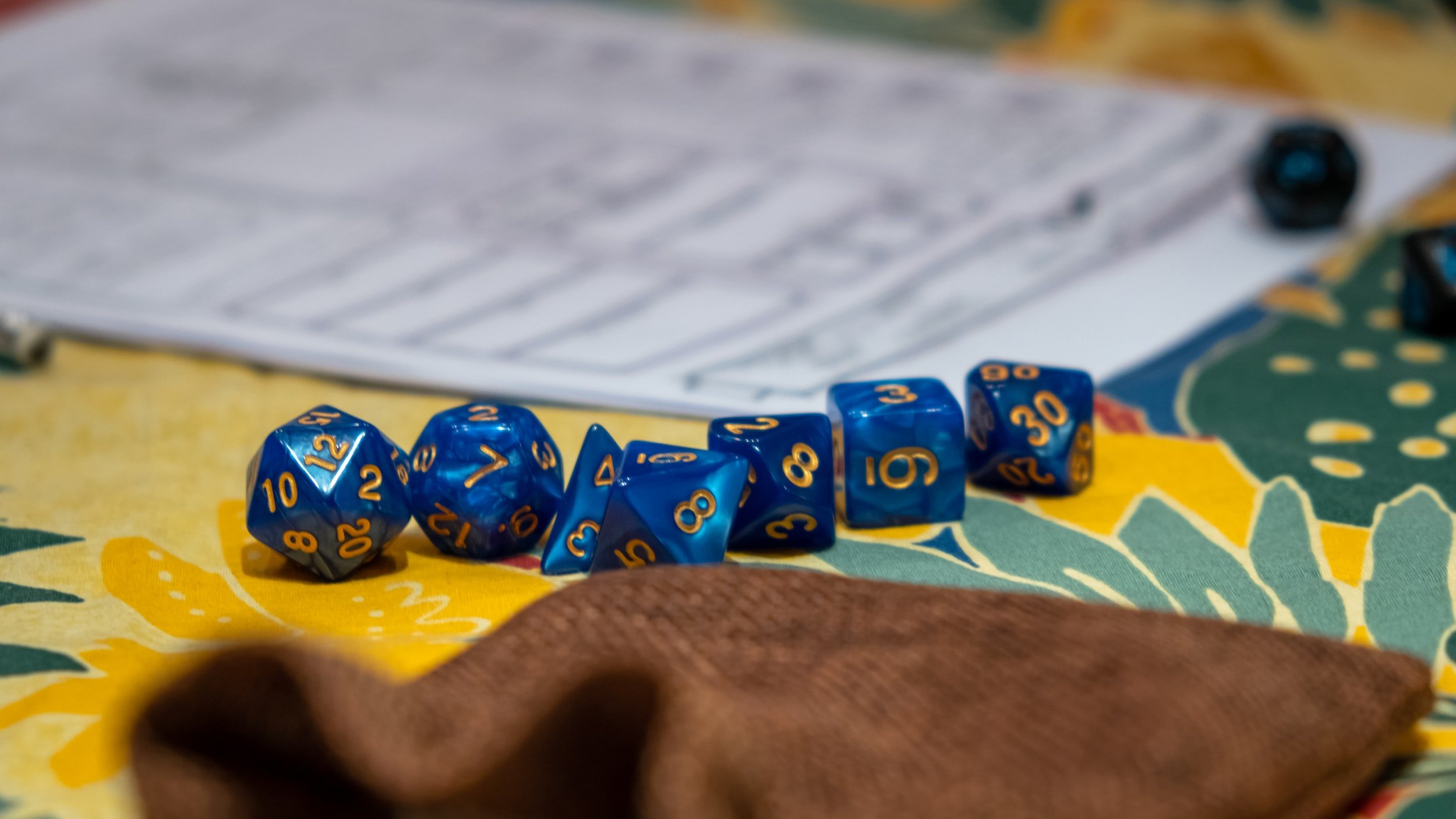The Basics: Role Playing in Dungeons and Dragons
Role-playing is an essential part of the Dungeons and Dragons (D&D) experience, allowing players to bring their characters to life and fully immerse themselves in the game. Whether you're a seasoned veteran or a newcomer to tabletop gaming, there are a few key tips that can help you improve your role-playing skills and make your adventures even more exciting.
The first tip is to get to know your character. In D&D, players create a character that they will control and play as in the game. This character has their own background, personality, and abilities, and it's up to you to bring them to life. Take the time to read your character's background and get a sense of who they are. Think about their motivations, their goals, and their fears. The more you know about your character, the easier it will be to role-play them convincingly.
Another important tip is to be in the moment. When you're role-playing, it's important to focus on what's happening in the game and react to it in character. This means staying engaged and paying attention to what's happening, rather than letting your mind wander. It also means reacting to events in a way that makes sense for your character. For example, if your character is brave, they might charge into battle without hesitation, whereas a cowardly character might try to hide or run away.
In addition to being in the moment, it's also important to listen to the other players and respond to what they're saying and doing. D&D is a collaborative game, and everyone's actions can affect the story and the outcome of the game. If someone else's character says or does something that affects your character, make sure to respond to it in a way that makes sense for your character.
Another key aspect of good role-playing is acting and speaking in character. This means using your character's voice and mannerisms, as well as their unique way of speaking and thinking. For example, if your character is a gruff dwarf, they might speak in a deep, gravelly voice and use words and phrases that are common among dwarves. Or if your character is a wise old wizard, they might speak in a calm, measured tone and use complex words and phrases.
Finally, it's important to have fun and enjoy yourself. D&D is a game, and it's supposed to be enjoyable. Don't be afraid to try new things, experiment with different approaches, and take risks. The more fun you have, the more engaging and exciting your adventures will be.
Overall, good role-playing in D&D is all about getting to know your character, being in the moment, listening to the other players, acting and speaking in character, and having fun. With these tips in mind, you can improve your role-playing skills and make your adventures even more exciting and engaging.
Thank you for stopping by the Inn at the End, don’t forget to subscribe to this blog and, if you’re into podcasts, be sure to check out Inn at the End on your favorite podcast app.
Grab your sword and keep on adventuring!
-The Inn Keeper
Enjoy this content? Become an INN-habitant and never miss another episode by following us. We will never misuse or sell your information.

